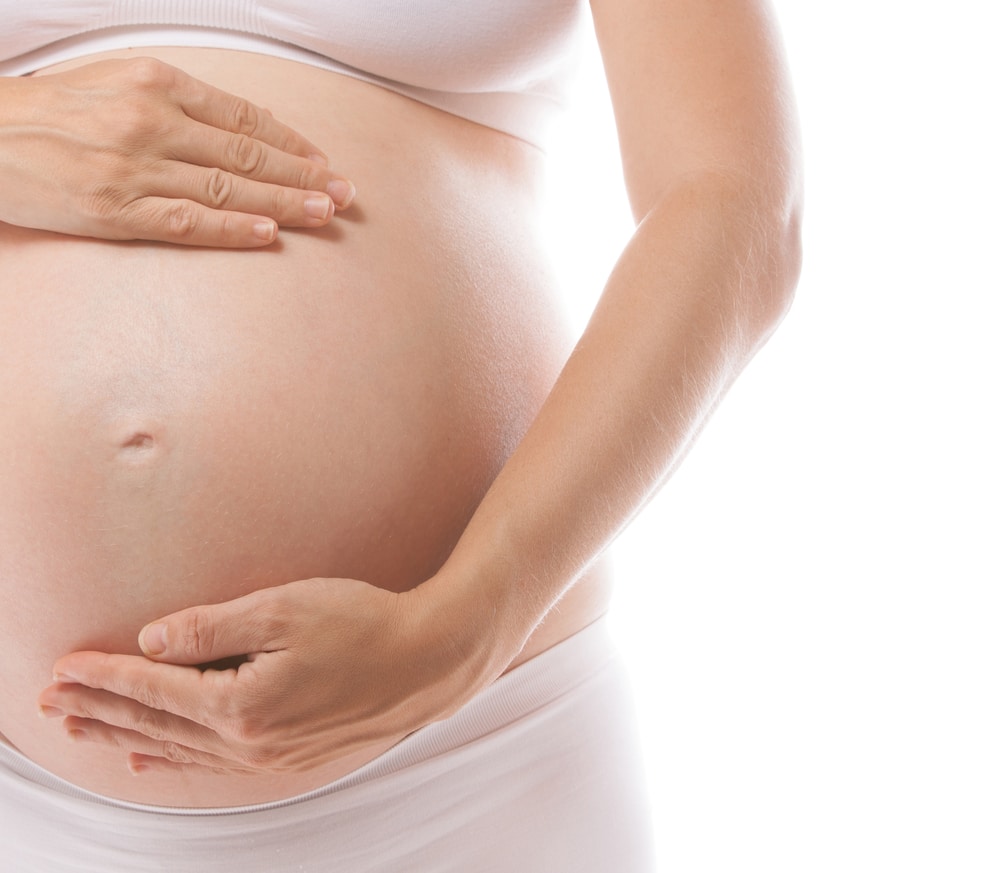This article is part of our Healthy Body Healthy Mind series and is part 1 in our series on Achieving Optimal Nutrition and Health in Pre-Conception and Pregnancy
by Amy Pearman BHSc (Nut Med) ANTA and owner of High on Natural Health
When you are planning to have a baby it is an exciting time, although for most women this comes with some degree of apprehension, uncertainty and also a desire and sense of responsibility to ensure they are doing everything possible to achieve pregnancy, maintain pregnancy, promote their own health throughout this life stage and the health of their unborn baby.

Preconception care is about preparing your body not only to optimise your fertility and your chances of becoming pregnant but also to optimise your health during pregnancy, the health of your growing baby and your recovery following childbirth.
The development of an ovum (egg) takes three months, so this must be considered as you are preparing your body for conception and pregnancy and it is for this reason Francesca Naish, an expert and writer on women’s natural health, fertility and healthy pregnancies and babies, states that preconception care should ideally continue for four months so the ova (that may become fertilised) has developed in an optimal environment with the required nutrition. Of course pregnancies occur that are unplanned so upon realising you are pregnant these recommendations should be undertaken as soon as possible.
It is definitely not a new concept that specific dietary recommendations and adaptations significantly improve ovulation, conception and the chances of giving birth to a healthy baby and this has been well established by numerous long term studies but more and more evidence is constantly confirming that the way your baby is nourished and the environment in which your baby grows and develops has a significant impact on their health right through into their adult life.
Most women seem to be aware of some key nutrients that are recommended in pre-conception and pregnancy, but this article aims to elaborate and expand on this, explaining why particular nutrients are important, what your requirements are, how to meet these and to answer what I find to be some of the most commonly asked questions and concerns when providing pre-conception and pregnancy care as a health professional.
Amy Pearman BHSc (Nut Med) ANTA is a registered nutritionist practising out of her newly opened natural health clinic on the Mornington Peninsula – High On Natural Health, where she provides private consultations in clinical nutrition for people of all ages with a holistic focus. To see all her articles, click here.
The information in this article is intended as a guide only for women who are planning to conceive or are pregnant and are in general good health. Women with poor nutrition and/or underlying health conditions, especially those directly linked to subfertility, such as Polycystic Ovarian syndrome (PCOS) and obesity, may require additional nutrition, dietary recommendations and advice from a health professional when planning to conceive.














